Advertisement
‘Hope I’m going to live that long’: Land conservation program leaves applicants in limbo
Resume
Mary Hollinshead paused at an arched, wooden bridge over a stream that rushes through her 19 acres in Rehoboth. She’s on the same path she walked 48 years ago when she and her husband Bill came to take a look at the property and its 18th century farmhouse.
“We saw the land before we saw the house,” Hollinshead said. “By the time we got to the house we’d decided — if its got indoor plumbing, we’ll take it. And it only just barely did.”
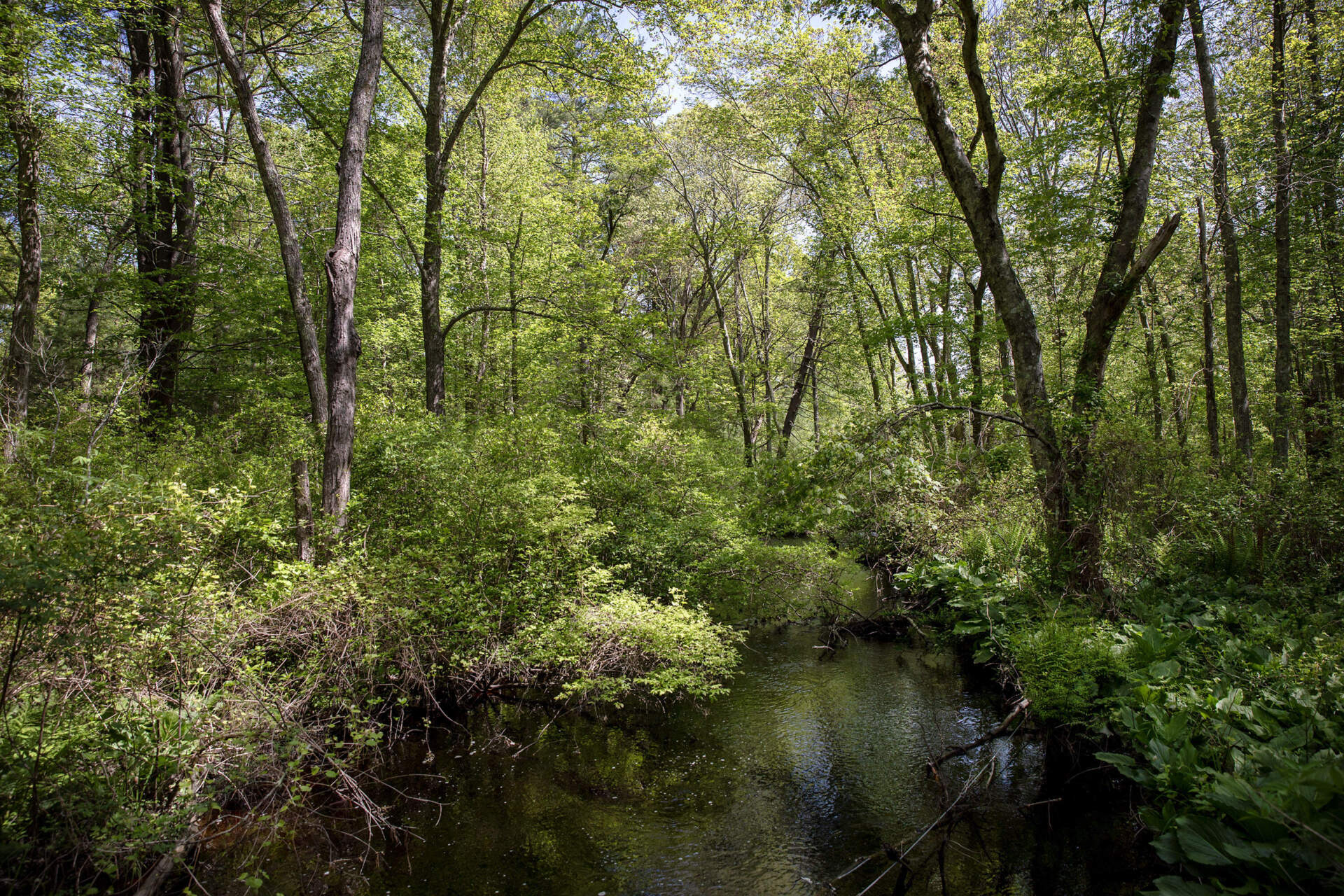
The Hollinsheads raised three daughters on the property. They collected tadpoles and tracked salamanders and learned to steer clear of snapping turtles. Mary built or restored stone walls and gardened. Bill made furniture from felled trees. The family mows a meadow next to their house, but most of the land is untouched.
“We don’t own this place, we are just stewards,” Mary said. “That’s always been my feeling, that we have to take care of it.”
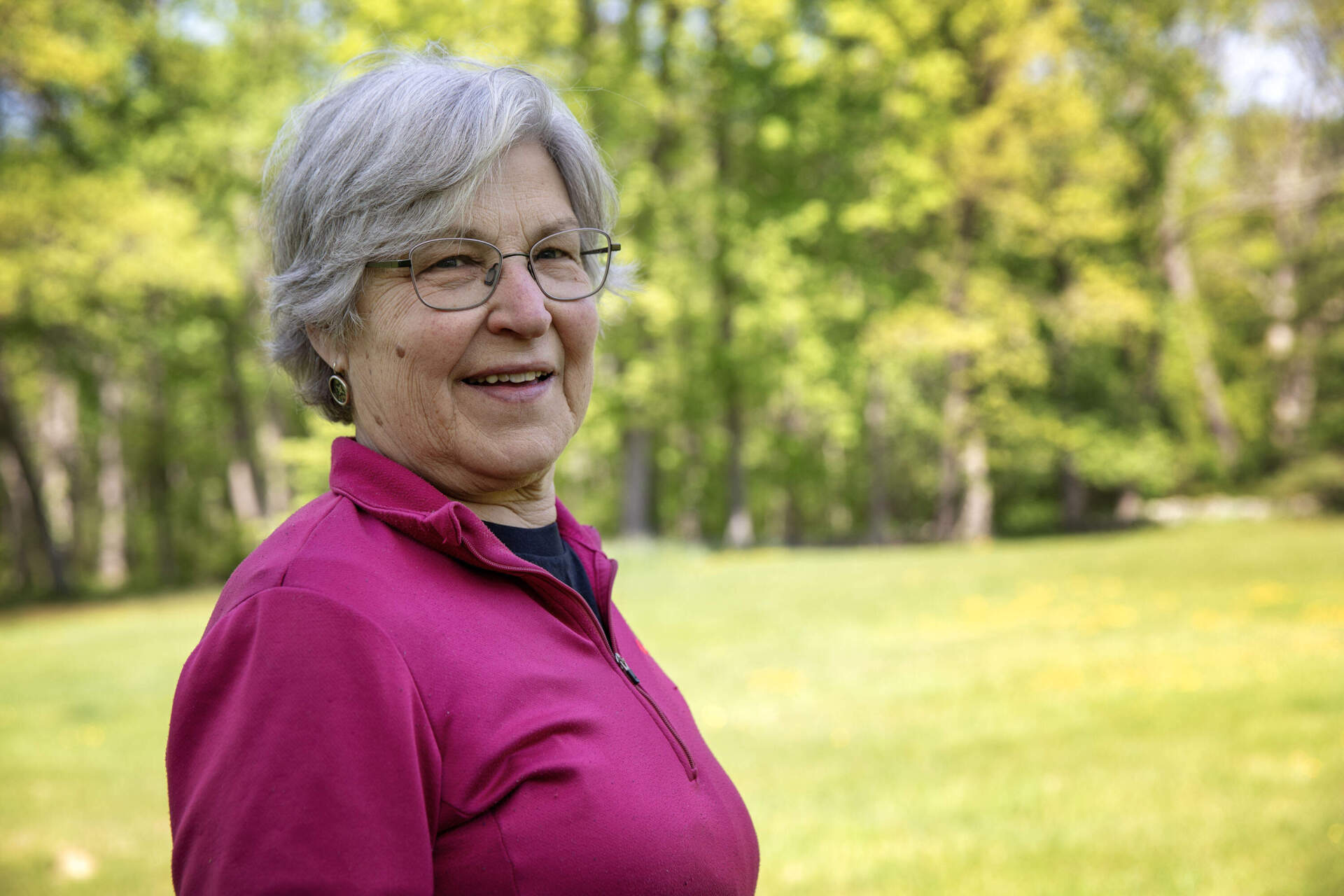
So in 2021, when the Hollinsheads started planning for the day when they could no longer care for this property, they decided to apply for a Conservation Land Tax Credit. It gives private landowners up to $75,000 in a one-time payment to cover a fraction of what their land would be worth to developers, as well as the cost of appraisals, surveys and legal fees. In exchange, the land must be preserved as green space. Even if it is sold, the restrictions remain in place.
The state-funded program is capped at $2 million a year. So property owners like the Hollinsheads are on a waiting list. They’ve been told their tax credit will be finalized and paid this year, but the couple is running out of time. Mary was hospitalized last fall with a heart condition and can no longer help her husband maintain the land.
The Hollinsheads have purchased a condo, packed their boxes and will hang a “for sale” sign in a few weeks. Without the conservation agreement, there’s no guarantee a new owner will preserve the land.
“We thought we were allowing quite a lot of time,” said Mary Hollinshead. “But now we need to sell our house.”
Another Rehoboth resident, Edith Wislocki, described a similar state of limbo. She wants to conserve 24 acres of woods and trails around the Greenlock Therapeutic Riding Center. Wislocki said she began the detailed application for a conservation land tax credit four years ago.
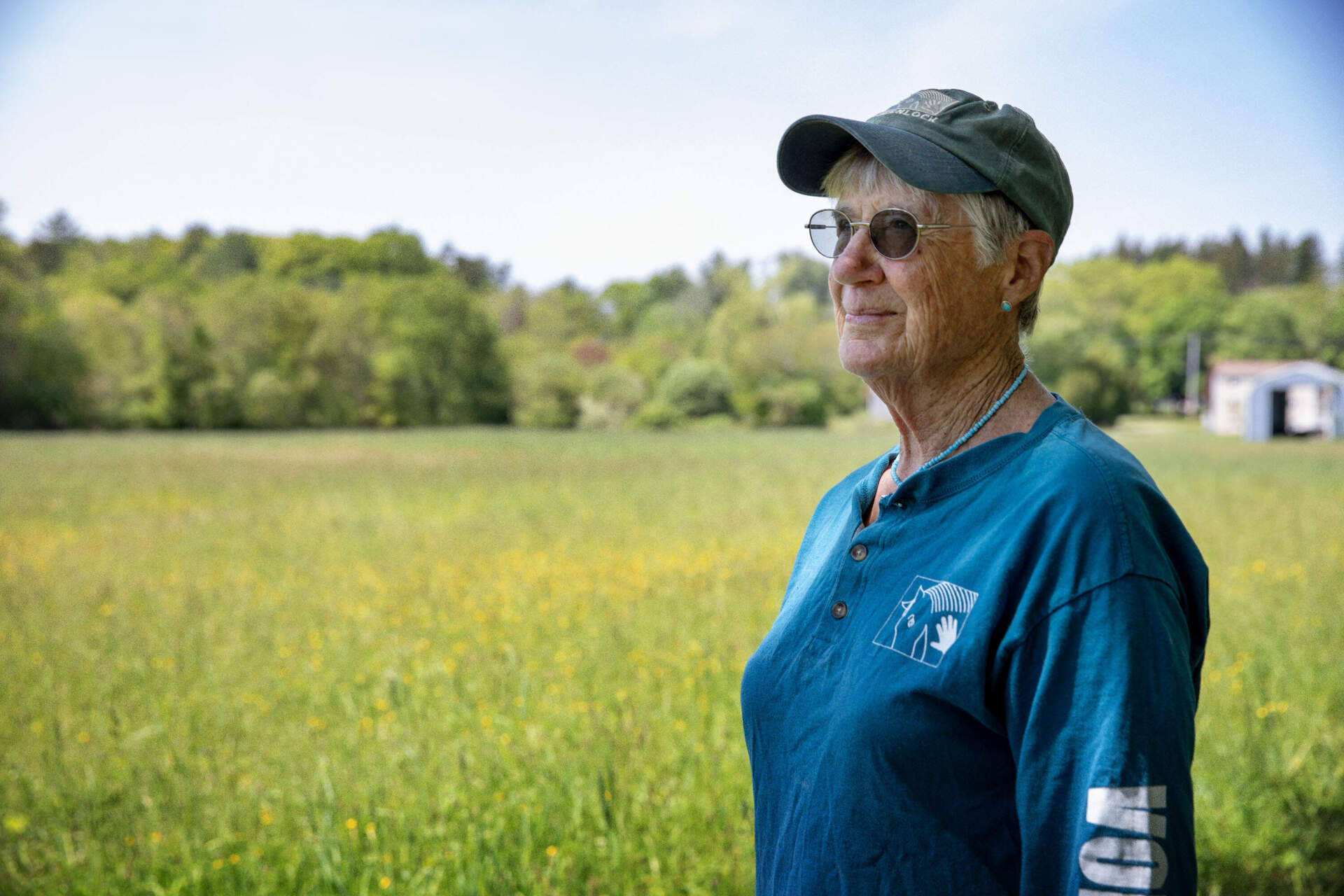
“About every six months I send a little text, ‘what’s going on?’ ” Wislocki said. “And the answer comes back the same. ‘You’re in a queue.’ ”
To Wislocki, it doesn’t seem like Massachusetts leaders are interested in conservation because while the state keeps her waiting, Wislocki is overwhelmed with calls, texts and letters from developers.
“It’s constant, and it’s been constant for two years,” she said. “I keep wanting to say there’s a restriction, but there isn’t because it hasn’t happened yet.”
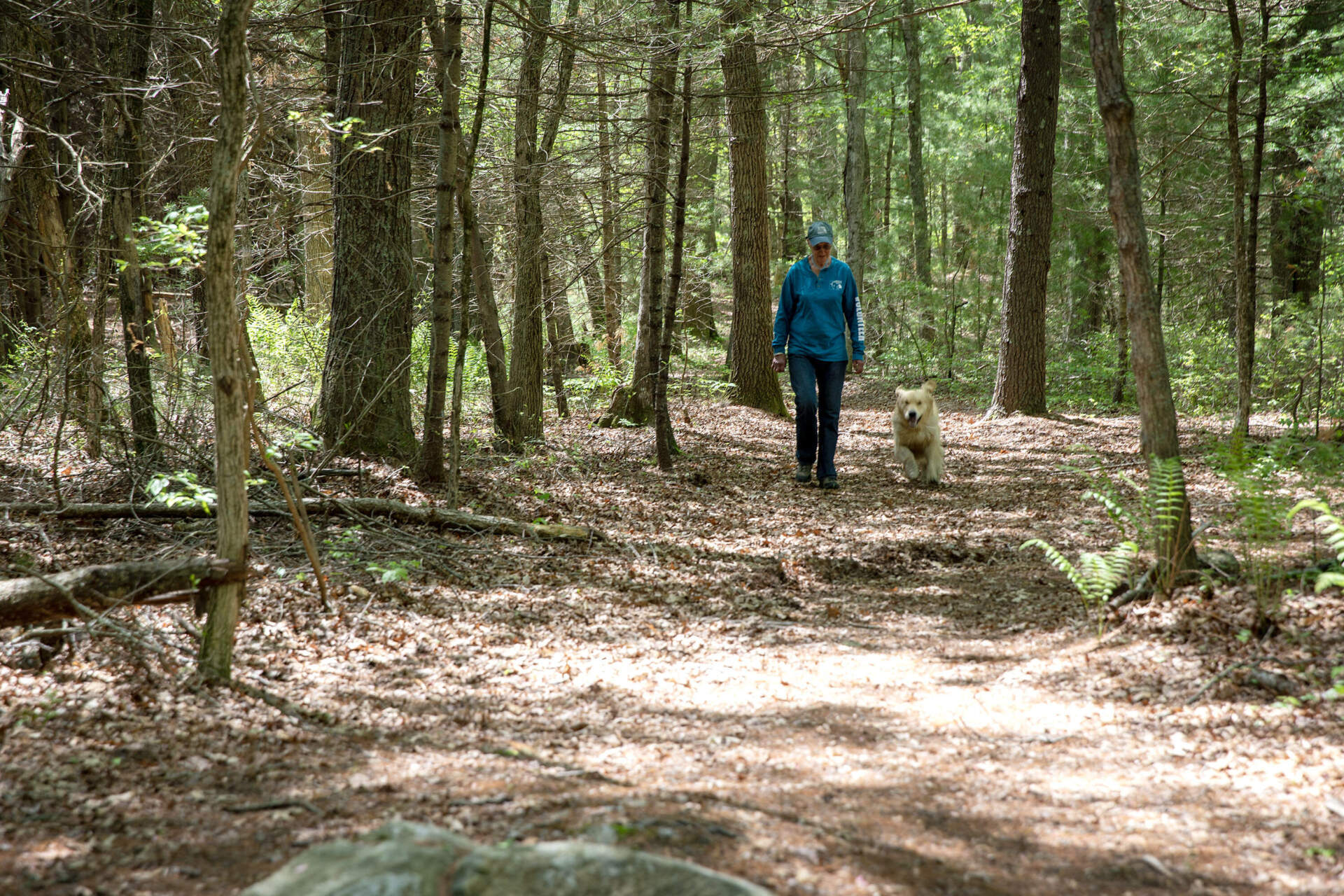
The Healey administration says the Conservation Land Tax Credit has preserved 16,045 acres since it launched in 2011 — land that’s worth an estimated four times the value of the money the state has granted to property owners. The administration has pledged to step up the pace of various conservation efforts to hit an ambitious goal: conserving 40% of forests, farms, wetlands and other open spaces by 2050.
“The Conservation Land Tax Credit has proven to be a successful tool,” said Undersecretary for the Environment Stephanie Cooper in a statement. “We are pleased to see strong demand for this program as it is an important climate solution.”
The Healey administration is counting on carbon stored in trees, crops, salt marshes and ponds to help Massachusetts get to its goal of net zero emissions by 2050. Environmental advocates say boosting incentives like the tax credit program must be part of the state’s plan.
“All of their projects forward kind of fall apart if we don’t have that land base to continue to sequester and store carbon year after year,” said Laura Marx, a climate solutions scientist at The Nature Conservancy.
Advertisement
But Gov. Maura Healey did not propose a funding increase for the land conservation tax credit in her most recent budget. The state’s secretary for energy and environmental affairs declined a request for an interview about the tax credit program. In an email, a spokeswoman said the office is looking for ways to enhance the current use of incentives. Those include programs that help maintain forested land and offer farm improvement or wildlife habitat grants.
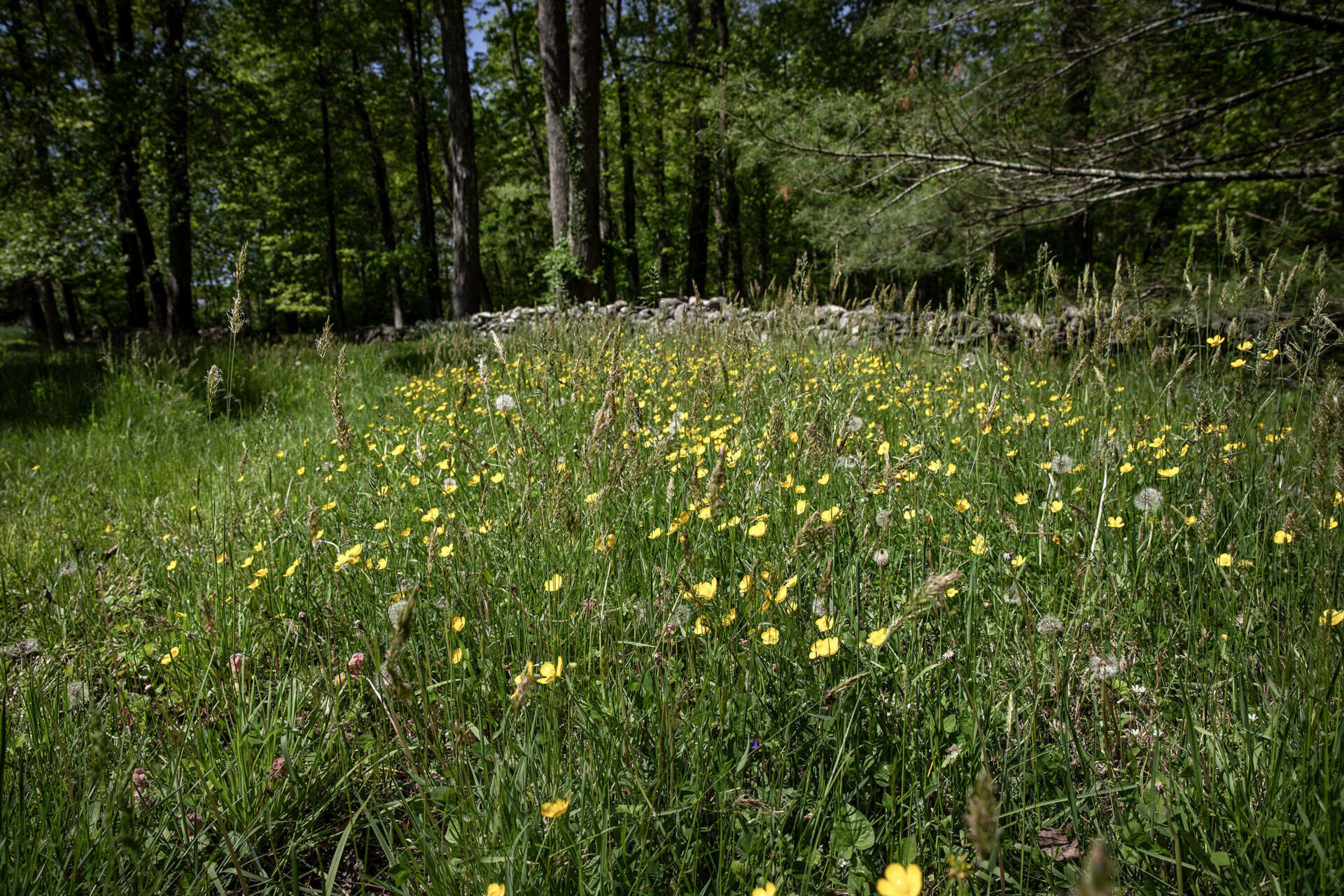
On Beacon Hill, the House budget has that funding. But the Senate budget did not include the funding. Lawmakers are still hashing out what will make it to Healey’s desk. The administration has said it supports the Conservation Land Tax Credit but has not said if the governor would approve the additional funding.
“We always need to try to find the balance between building housing and preserving open space,” said Senate Minority Leader Bruce Tarr. “But this is a critical program, not only to conserve open space, but also to make sure we accelerate efforts toward carbon sequestration using one of the best tools that we have.”
A Legislative committee will now decide whether the proposed increase for the tax credit makes it into the final version of the state budget submitted to Healey. Robb Johnson, director of the Massachusetts Land Trust Coalition, said a $3 million dollar boost would clear the waiting list and let conservationists start offering this option to landowners who don’t have time to wait.
“This tax credit encourages people to do the right thing,” Johnson said, “in some cases it’s the only tool needed.”
In Rehoboth, where only 7% of land is protected from development, a list of property owners awaits the outcome of the tax credit funding debate. Some are adjusting their life priorities in the meantime.
Rachel Smith had hoped to retire soon, sell the home where she grew up — and its five acres — and move to Maine. But she’s put those plans on hold. Smith and her two brothers want to see the land continue to be used to raise animals, grow food and preserve the natural habitat. If it’s not conserved, Smith said she knows it will be subdivided.
“The land here is so valuable, there’s such a demand as a bedroom community,” said Smith. “There’s no way people can compete with the developers.”
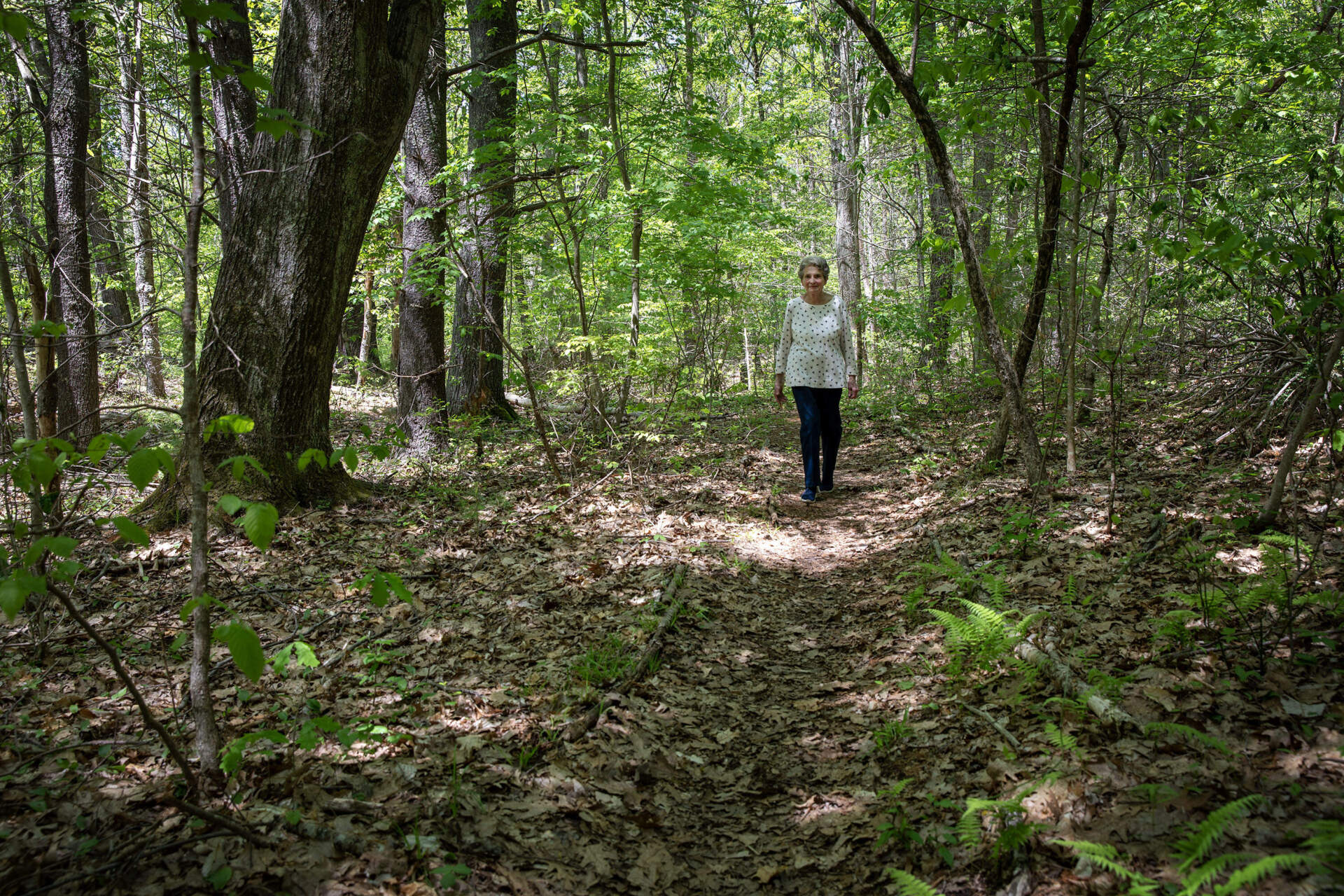
State records show that 14% of people on the conservation tax credit waiting list drop out. It’s unclear how many choose not to apply once they learn about the wait. Carol Williams, also from Rehoboth, has wondered if it makes sense to start her application. She’s 81 and wouldn’t get any money until 2027 or later.
“I hope I’m going to live that long,” she said.
But Williams is committed to finding a way to keep her nine acres wild.
“We need it just to replenish the earth. We need green trees, we need good water,” she said. “We need to save our resources to continue to live, anywhere.”
This segment aired on May 24, 2024.
